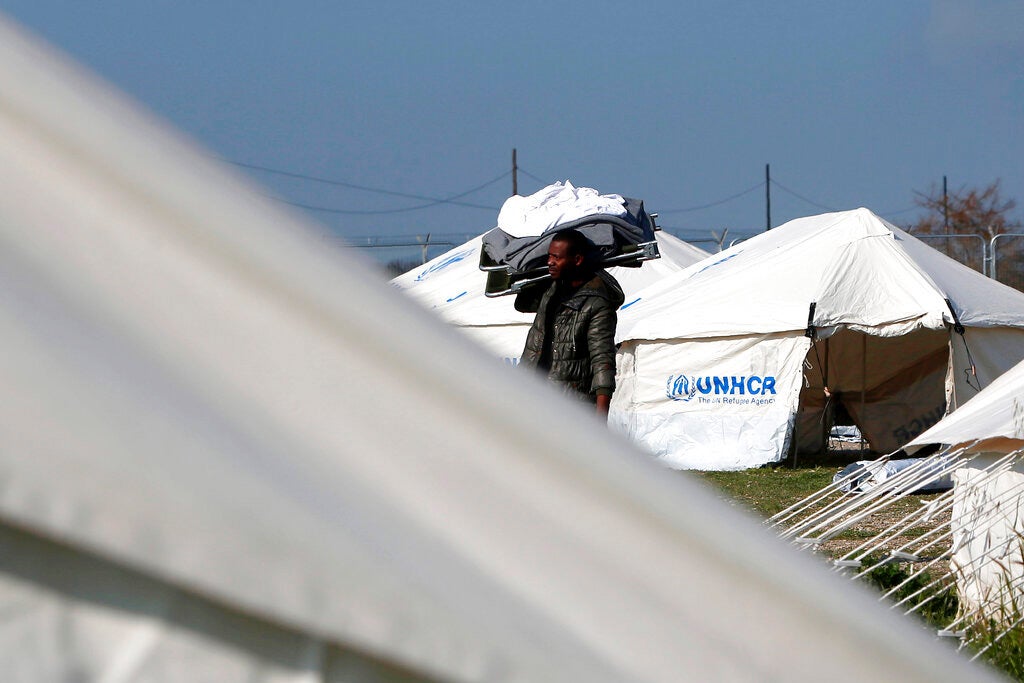Cyprus Moves to Shutter Local Human Rights Group
In September 2020, while researching pushbacks of boats of migrants and asylum seekers from Cyprus, I worked closely with KISA, a Cypriot nongovernmental organization (NGO).

People told Human Rights Watch that Greek Cypriot coast guard vessels tried to prevent them from landing by shouting and brandishing weapons and circling at high speeds to create waves to swamp or capsize their boats. Those who managed to land were taken to a dirty, insect-infested, open-air camp. Every person we interviewed who had encounters with Cypriot authorities said they pleaded not to be returned to Lebanon – and some, including Syrians, explicitly requested asylum – but in no case were any allowed to lodge asylum claims. KISA was an important source for us in corroborating these accounts. Now KISA, which was established in 1998 to fight racism, xenophobia, and discrimination, is under Cypriot government pressure to shut down. An administrative court recently upheld the government’s decision in February to deregister KISA for failing to comply with a technicality under the 2020 amendments to the law on associations. Specifically, KISA failed to file with the Register of Associations within a deadline to show its constitution to be compatible with that law. KISA is appealing the decision before the Supreme Court, but the pressure on the organization is undeniable. In a March 10 letter to the Cypriot Ministry of Interior, the human rights commissioner for the Council of Europe, Dunja Mijatović, said that the working environment for NGOs in Cyprus was “worrying,” and pointed out that under international law, “the dissolution of an NGO can only be applied for serious misconduct.” She noted that KISA filed the required information, but only missed the deadline, and that its deregistration “forcefully” demonstrated a disproportionate government response. International human rights groups like Human Rights Watch depend on the work of local organizations like KISA who can closely follow and react to the daily grind of a human rights crisis, month-in-month-out, year-in-year-out. Effective human rights work cannot be sustained if they are prevented from doing their jobs..
Read the full article at the original website
References:
